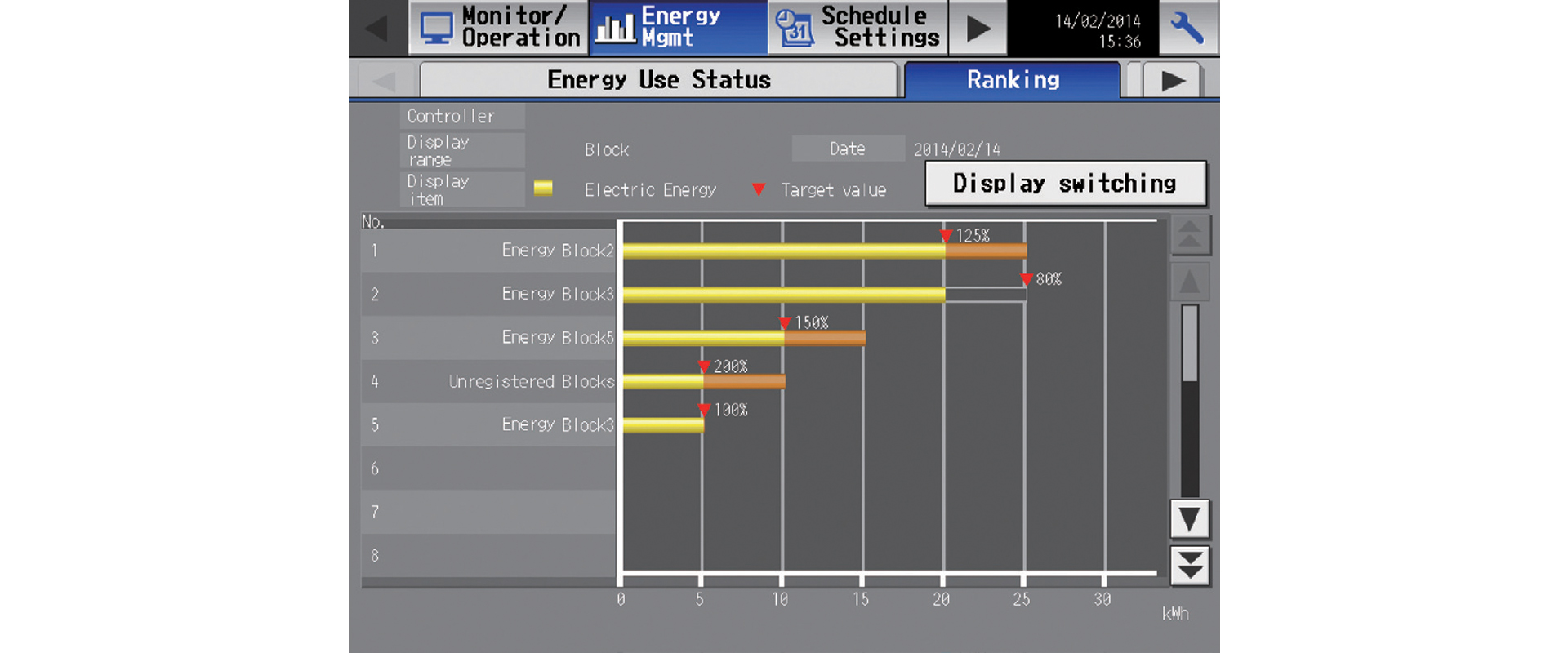It is most certainly not my place to comment on anything political, so if you have joined me to hear views on election promises, slogans and political in-fighting, then I’m sorry to disappoint.
However, stay with me because what I can do is show you how to reduce the operating costs in your building, helping you save on your monthly outgoings – That’s got to be worth a couple of minutes of anyone’s time.
What I want to focus on in these uncertain times for businesses, is how you can use a sensible control policy to make sure your heating, cooling and ventilation systems aren’t costing you money by wasting energy when they are not needed.
Stop the competition
I’d like to think we have moved on from the days when a heating system was operating at exactly the same time as a cooling system, but I and my colleagues still come across buildings where the radiators are on full blast and occupants turn the Aircon down to ‘icy’ to compensate.
What a nonsensical way to run things! Surely it is obvious to anyone that heating and cooling fighting or competing with each other is a complete waste of time, energy and money?
Thankfully, most modern systems come with more advanced control systems and monitoring than previously, so with an effective control regime, this simply shouldn’t happen anymore.
The latest air conditioning models can also come with room sensors that can see when a room is unoccupied and can switch the system off
Whether you have the controls for the two systems talking more readily to each other or an expensive BEMS (Building Energy Management System), there is no longer any excuse to waste energy – and money – in this way.
And don’t forget that Aircon has been far more than just cooling for years now and you can use systems to heat areas as well. Plus you can even take excess heat from areas like computer rooms and gyms and turn it into hot water for toilets, kitchens, swimming pools etc.
We’re seeing more and more examples where the old gas-heated radiator system has been completely taken out and all heating comes from the air conditioning system. The best ones can offer simultaneous heating and cooling, meaning that heat from one area – say a photocopy room, or kitchen – is used elsewhere, for example meeting rooms or bedrooms.

Modern controls
With modern controls, it is possible to automate an incredible amount, meaning less work for you.
No more competing, now what?
With modern controls, it is possible to automate an incredible amount, meaning less work for you.
Monthly, weekly and daily scheduling mean that rooms will not be using energy when the building is empty such as in the evenings, at weekends and during national holidays.
The latest air conditioning models can also come with room sensors that can see when a room is unoccupied and can switch the system off – particularly useful for meeting rooms when people leave but forget to turn things off.
So, with a correct schedule that suits your business and the ebbs and flows of occupancy, you should immediately notice a difference in running costs.
But there is even more that you can do as the best modern control systems also deliver sophisticated reporting and monitoring, either to a desktop or even a smart device, meaning you can keep control even when you are not in the building.
The reason this is important is that there are always times when the automatic scheduling isn’t quite enough. We all know how fickle the British weather can be, so scheduling a set temperature for one set of conditions may not work if we get a sudden drop or rise in outdoor temperatures.
The best systems will alert you of these changes and allow you to react and reprogram set points and temperatures to suit.
Report, analyse, react
More than this though, modern systems will deliver comprehensive reports so that a building owner can see trends developing and work out the changes needed to save even more on running costs.
Is your system programed to come on at 7am, yet the bulk of staff don’t arrive until 9am? Changing things to start at 8am immediately leads to savings of five hours a week, over 20 hours a month, or more than 200 hours of energy costs per year – you can see how these things can start to make a difference.
And if you run an estate across the nation, or even across the globe, smarter controls can help you spot trends day by day, week by week, month by month, so that you can tailor the system in each location to suit the requirements of that location.
So, regardless of what happens in elections and the world of politics, you yourself can ‘take back control’ and ensure that your staff, customers and visitors have a comfortable building environment that isn’t adding needlessly to your running costs.
Scott McGavin is a controls specialist at Mitsubishi Electric Living Environment Systems in the UK.
If you have any questions about this article or want to know more, please email us. We will contact the author and will get back to you as soon as we can.



